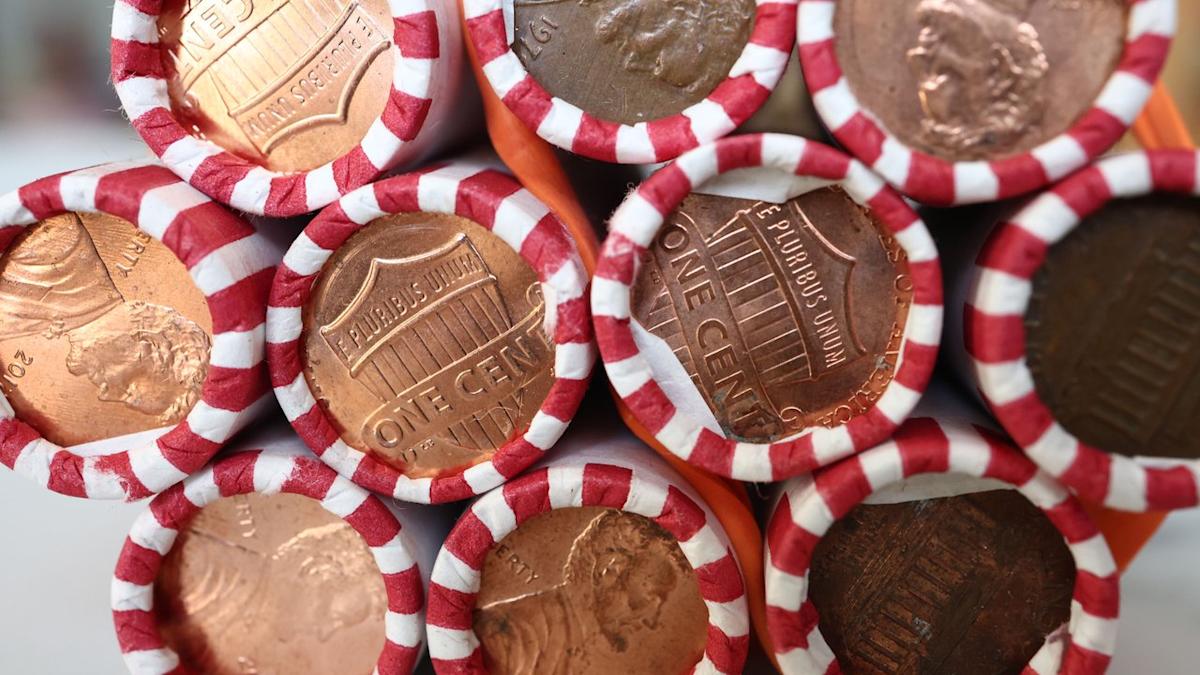Why tiny companies are suddenly going public for $4 a share
A Hong Kong noodle shop wants to sell you stock for $4 a share. So does an American tech startup you’ve never heard of, plus dozens of other little-known companies from around the globe.
More than 90 penny stocks have held IPOs so far this year, a bump from the 77 that did so in 2024. Penny stock IPOs are surging to levels not seen since the 1980s as a mix of commission-free trading apps, crypto-primed retail investors, and distracted regulators creates ideal conditions for small companies to tap U.S. markets.
While these ultra-cheap shares feel accessible compared to expensive Magnificent Seven offerings, the track record is brutal: Penny stock IPOs typically lose 60% of their value over three years, underperforming the broader market by roughly 90 percentage points, according to Jay Ritter, a University of Florida finance professor who has tracked IPOs for decades.
“On average, the investors lose their shirts,” Ritter said.
Penny stocks flourished in the 1980s until Nasdaq tightened listing requirements, and then they basically disappeared, according to Ritter. The SEC’s 1990 penny stock regulations proved effective at shutting down notorious firms.
The numbers started creeping up in 2021, fueled by pandemic-era conditions that made speculative investing irresistible. Cheap money from near-zero interest rates, stimulus checks landing in bank accounts, and millions of bored Americans discovering commission-free trading apps like Robinhood created perfect conditions for a penny stock revival. What once required a sales pitch from a licensed broker now happens with a few taps on a screen.
A penny stock doesn’t necessarily mean fraud. The SEC defines penny stocks simply as stocks trading below $5 per share. However, the low barrier to entry has attracted both legitimate small businesses and questionable operators seeking to tap into U.S. capital markets.
Often, the problem isn’t outright fraud but structural issues, according to Ritter. An offer price of $4 per share might appear cheap, but when companies flood the market with shares, the total market value can exceed what the business can realistically support. The stock price then inevitably drops as the market corrects the valuation.
The scale mismatch is evident in this year’s penny stock pipeline. Many of this year’s penny stock IPOs come from small Chinese and Hong Kong companies that Ritter described as small restaurants and obscure manufacturers.
“These are like Hong Kong noodle shops, not Alibaba,” he said.
So how are these tiny businesses accessing U.S. capital markets with such ease? The SEC’s years-long focus on cryptocurrency enforcement has created an opening for penny stock promoters, according to Benjamin Schiffrin, Director of Securities Policy at Better Markets, a nonprofit advocacy group. While regulators pursued high-profile crypto cases, penny stocks flew under the radar.



Leave a Comment
Your email address will not be published. Required fields are marked *